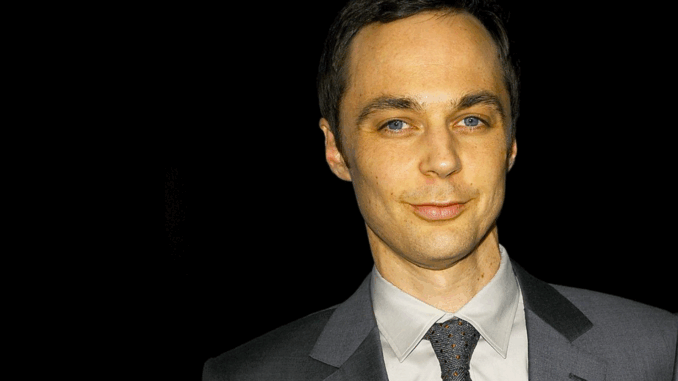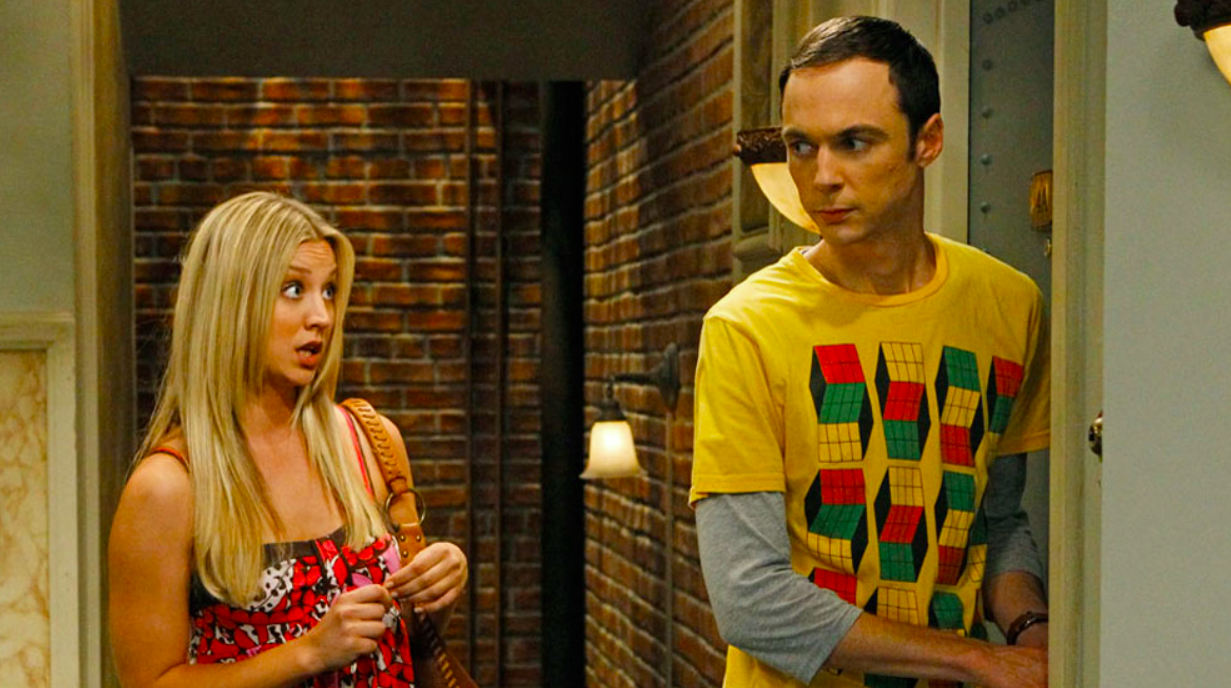
Few television characters have left a cultural footprint as large — or as complex — as Sheldon Cooper. Played by Jim Parsons with surgical comedic precision, Sheldon quickly became the breakout star of The Big Bang Theory. But his impact extended far beyond ratings and laughs. From redefining the modern sitcom antihero to sparking real-world conversations about neurodiversity, Sheldon Cooper’s legacy is one of brilliance, controversy, and unexpected empathy.
A Character Unlike Any Other
When The Big Bang Theory premiered in 2007, the world had never seen a sitcom lead quite like Sheldon. He was socially awkward, obsessively routine-driven, and intellectually condescending — a walking encyclopedia of physics and cultural trivia who lacked all traditional emotional filters.
Sheldon was, in many ways, the antithesis of the charming, lovable sitcom lead. And yet, audiences were captivated. His obsessive adherence to rules, his bluntness, his discomfort with touch — these quirks made him both hilarious and profoundly different. Jim Parsons’ performance, filled with layered physical comedy and rapid-fire delivery, earned him four Primetime Emmys and turned Sheldon into a household name.
But that popularity soon brought deeper scrutiny.
The Unspoken Diagnosis: Autism or Not?
From the show’s earliest seasons, fans and critics began to speculate that Sheldon Cooper was somewhere on the autism spectrum. His literal thinking, sensory sensitivities, and difficulty with social cues echoed behaviors associated with autism, particularly Asperger’s syndrome.
Yet the show’s creators deliberately avoided labeling Sheldon. Co-creator Bill Prady, whose own son is on the spectrum, once said in an interview, “We write Sheldon as Sheldon. He’s not intended to be representative of any particular condition.”
This ambiguity sparked debate. Some viewers felt seen by Sheldon, finding comfort in a character whose behaviors mirrored their own experiences. Others criticized the show for profiting off autistic-coded traits without openly embracing representation or exploring the realities of living with autism.
Jim Parsons himself approached the role with neutrality, saying, “I didn’t think of Sheldon as autistic. I thought of him as unique.”
A Double-Edged Sword
For many in the autistic community, Sheldon’s rise in pop culture was both empowering and frustrating. On one hand, he offered visibility — a character who excelled in his field, had deep passions, and (eventually) formed loving relationships. On the other hand, his behavior was often played for laughs, and his rigidity used as a comedic device rather than a teaching moment.
Still, Sheldon broke new ground. He helped challenge outdated ideas of what friendship, love, and intelligence could look like. And for countless viewers who never felt “normal,” Sheldon became an accidental hero.
“I didn’t realize how important Sheldon was until my teenage son told me, ‘He’s like me, Mom — but people still love him,’” one fan wrote in a now-viral blog post.
The Shift in Later Seasons
 Over time, The Big Bang Theory softened Sheldon. The arrival of Amy Farrah Fowler marked a turning point. Their unconventional romance, built on mutual quirks and genuine affection, gave Sheldon new emotional dimensions. His growth was never forced — it was painfully slow, sometimes infuriating — but that made it more honest.
Over time, The Big Bang Theory softened Sheldon. The arrival of Amy Farrah Fowler marked a turning point. Their unconventional romance, built on mutual quirks and genuine affection, gave Sheldon new emotional dimensions. His growth was never forced — it was painfully slow, sometimes infuriating — but that made it more honest.
Moments like Sheldon comforting Howard after his mother’s death or finally holding Amy’s hand felt seismic because they were earned. Viewers watched a character who had once recoiled from hugs begin to understand emotional intimacy, in his own terms.
By the final season, Sheldon wasn’t “fixed” — he was more layered. He still annoyed his friends. He still had meltdowns. But he also gave moving toasts, recognized love, and in the show’s final moment, delivered a tear-filled Nobel Prize speech that acknowledged the people who stood by him.
It was not a cure arc. It was a growth arc.
The Real-World Impact
Sheldon Cooper’s legacy is still unfolding. The Big Bang Theory spawned a successful prequel, Young Sheldon, which dives deeper into his family, faith, and early struggles with social connection.
But beyond the screen, the character has inspired countless academic papers, autism think pieces, and panels at psychology conferences. Teachers use clips of Sheldon to explain social pragmatics. Therapists reference his behaviors in cognitive behavioral exercises. He’s become a case study in how fictional characters can serve as emotional mirrors — even unintentionally.
Moreover, Sheldon helped pave the way for more explicit neurodiverse representation in media. Characters like Julia on Sesame Street, Matilda on Everything’s Gonna Be Okay, and Dr. Shaun Murphy on The Good Doctor owe some part of their mainstream acceptance to Sheldon’s popularity.
Jim Parsons’ Perspective
Parsons has since moved on from the role, pursuing stage and film work. But he remains respectful of the character that changed his life.
“Sheldon taught me to look at the world from a completely different angle,” he said in an interview. “He wasn’t mean. He just operated on another wavelength.”
That’s perhaps the most lasting effect of Sheldon Cooper: reminding viewers that not everyone communicates, feels, or connects the same way — and that’s not only okay, it’s worthy of celebration.